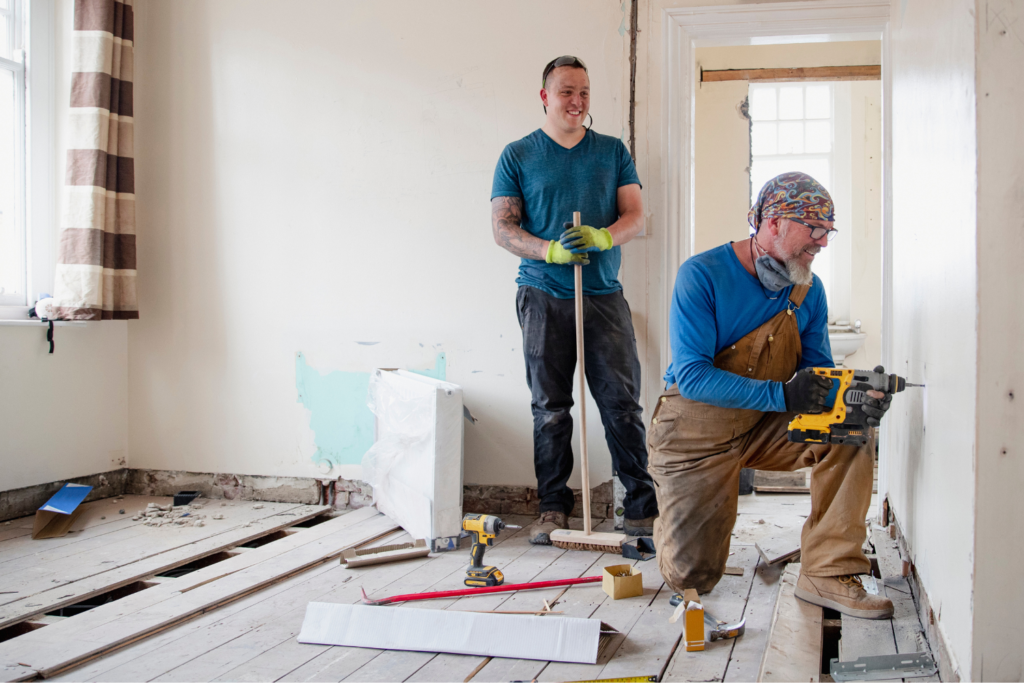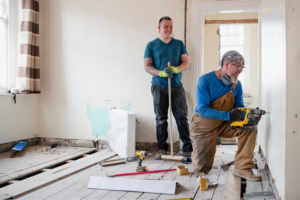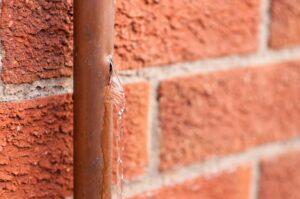Deciding between DIY (Do It Yourself) restoration and hiring a professional can be a critical choice, particularly when dealing with home repairs, renovations, or restoration projects. When you may be able to save a few bucks if you do it yourself, you risk causing more issues. The last thing you want to do is getting into something that is beyond your skills and abilities. Sometimes DIY can end up costing your more because you’ll need to call a professional anyway.
Here’s a guide to help you determine when it’s best to call a professional:
When to Call a Professional
- Structural Damage: If the restoration involves major structural repairs, such as foundation issues, load-bearing walls, or roof damage, it’s advisable to hire a professional. Structural integrity is crucial for safety and the long-term value of your property.
- Complex Technical Skills: Projects that require specialized technical skills, such as electrical, plumbing, or HVAC work, should be left to professionals. Incorrect installations or repairs can lead to safety hazards and code violations.
- Health and Safety Risks: If the restoration involves handling hazardous materials (e.g., asbestos, lead-based paint) or poses health risks (e.g., mold remediation), it’s best to rely on professionals who have the training and equipment to handle these situations safely.
- Time Constraints: If the project is time-sensitive or requires quick turnaround, professionals can complete the work more efficiently due to their expertise and available resources.
- Large-Scale Projects: For extensive projects that require a considerable amount of time, effort, and coordination, professionals can manage the process more effectively and ensure a higher quality outcome.
- Permits and Regulations: If your restoration project requires permits or compliance with local regulations, a professional can navigate the legal aspects and ensure the work meets all necessary standards.
When to Consider DIY
- Minor Repairs: Small repairs or touch-ups that don’t involve complex skills or significant safety risks can often be tackled by homeowners who are comfortable with basic tools and techniques.
- Budget Constraints: DIY projects can be more cost-effective for simple tasks, as you won’t have to pay for professional labor. However, ensure that you have the necessary skills to complete the project effectively.
- Skill and Experience: If you possess the necessary skills and experience for a particular task, such as painting, simple woodworking, or installing non-structural elements, DIY can be a viable option.
- Learning Opportunity: DIY projects can be an opportunity to learn new skills and gain a sense of accomplishment. However, it’s important to recognize your limitations and seek professional help if needed.
- Aesthetics and Customization: If the project involves creative elements and customization, DIY allows you to have more control over the result and express your personal style.
It’s important to assess your own capabilities, the complexity of the project, safety considerations, and the potential impact on the value and safety of your property. When in doubt, consulting with professionals for advice and estimates can help you make an informed decision. If a project involves risk or uncertainty, hiring a professional can provide peace of mind and ensure a successful outcome.









